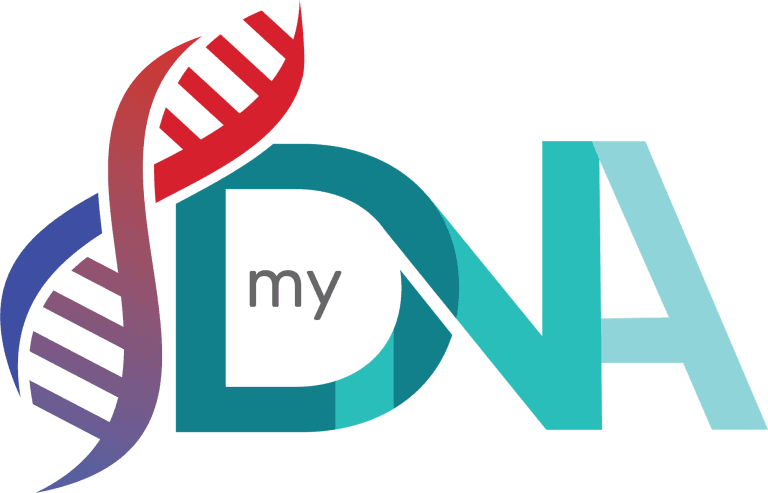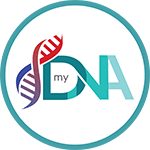Early Detection and Prevention
In addition to lifestyle changes, regular screenings and early detection are essential for preventing the progression of diseases such as cancer. For example, routine mammograms, colonoscopies, and Pap smears can help detect cancers in their early stages when treatment is most effective.
Combining a healthy lifestyle with regular check-ups and preventive screenings offers the best defence against disease. Genetic testing can also provide insights into individual risks and help tailor personalised prevention strategies based on family history and genetic predispositions.
To summarise…
While we cannot control every factor that influences our risk of cancer and other diseases, making positive lifestyle changes can significantly reduce the likelihood of developing these conditions. Eating a balanced diet, staying physically active, maintaining a healthy weight, avoiding tobacco and excess alcohol, managing stress, and getting adequate sleep are powerful tools in the fight against cancer and chronic disease.
By adopting a proactive approach to health, individuals can protect themselves against disease, improve their quality of life, and enjoy a longer, healthier future. Simple lifestyle changes, when practised consistently, can have a profound impact on disease prevention and overall well-being.
Genoplan for DNA testing empowers you to take control of your health and lifestyle with cutting-edge genetic insights. With a commitment to precision and personalised care, Genoplan offers a genetic test and a comprehensive analysis that helps you understand your unique health risks, nutritional needs, and optimal wellness strategies. Supported by major investors like Samsung Ventures and SoftBank, Genoplan stands at the forefront of DNA technology, ensuring you get reliable, actionable information to make informed decisions for a healthier future.
Are you ready to make lifestyle changes to live a healthier and longer life?




